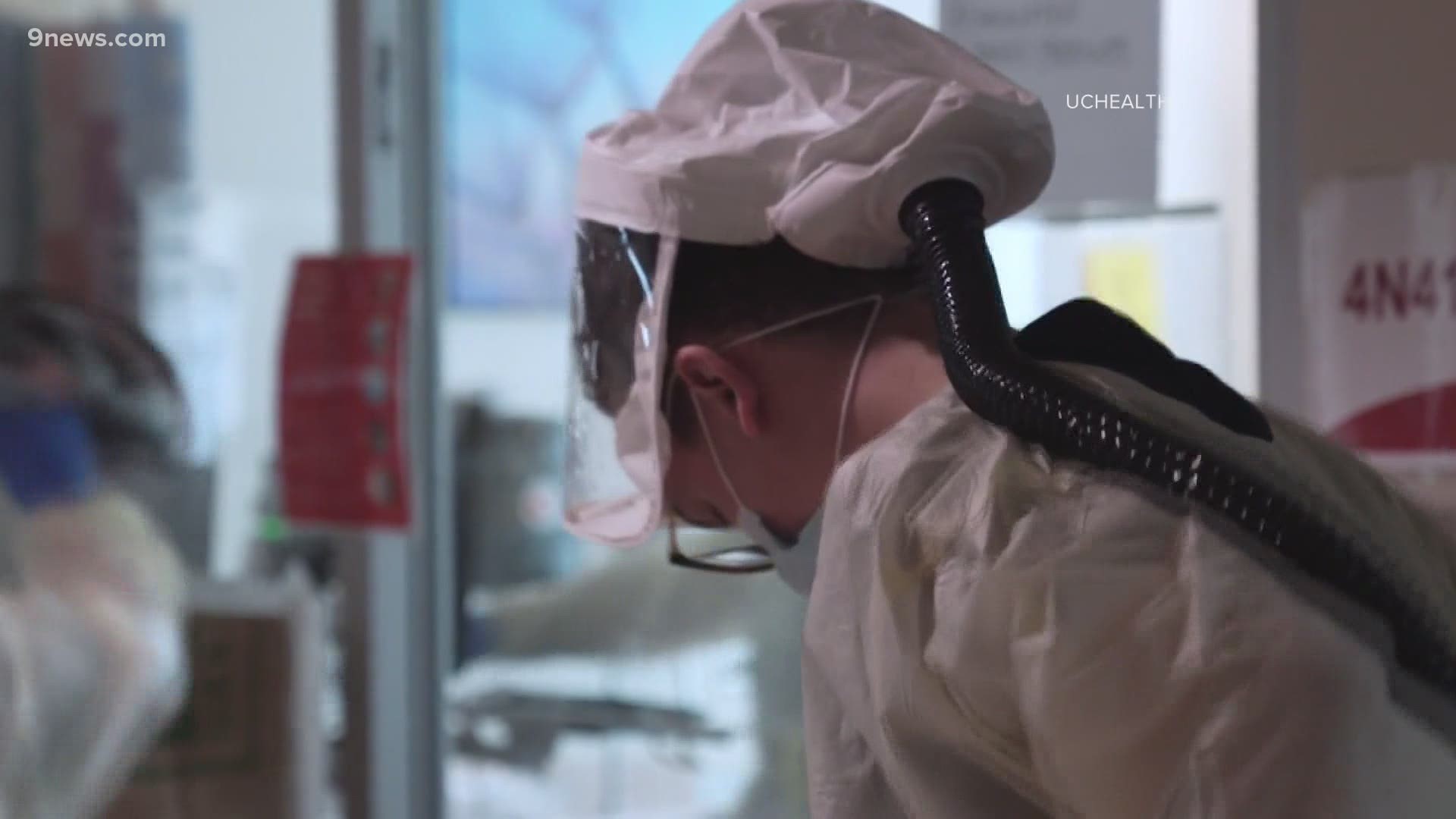PITKIN COUNTY, Colo. — Before Pitkin County's board of health voted Monday to close indoor dining and move the county to Level Red status on the state's COVID-19 dial, health leaders let data do the talking.
“Fifty percent of people in Pitkin County who have tested positive continue to have these long-term, ongoing, lingering effects of [COVID-19]," said Jordana Sabella with Pitkin County Public Health.
Sabella gave a presentation of staff recommendations to the board of health before members voted unanimously to pass new COVID-19 restrictions in the county.
On Tuesday, Pitkin County Public Health provided more context behind the data presented in the board of health meeting.
A spokesperson clarified 50% of people who tested positive for COVID-19 in Pitkin County and interviewed with the health department six months after their diagnosis were suffering from long-term health effects.
The sample size was less than 60 people, and the county doesn't have evidence to show that half of all people who tested positive have lingering effects.
Still, the data was concerning to physicians like Dr. Robert Lam at UCHealth Memorial Hospital in Colorado Springs.
“It is very troubling to hear that so many patients are having that long-haul experience," Lam said.
Lam also teaches at the University of Colorado School of Medicine. His students recently wrapped up a study with 154 COVID-19 patients in Colorado Springs.
“Every patient that was hospitalized, including some of the sickest patients that actually ended up in the ICU or on a ventilator, received a follow-up phone call from a medical student and an interview," Lam said.
Students began conducting interviews during the first wave of the pandemic and continued through September. Data from the study was published this month in the Journal of Investigative Medicine, Lam said.
“About a third of our patients that we interviewed still had lingering symptoms," Lam said.
Among the most common symptoms were headache, brain fog, difficulty sleeping and shortness of breath.
"Some patients had to be on oxygen months after their journey through the hospital," Lam said.
Patients also told students stories of the emotional toll of living with COVID-19.
“Fear of going back to their homes and their friends and family, fear of being re-infected or actually infecting their friends and family," Lam said.
The stories and symptoms patients described in the study are similar to those 9Health Expert Dr. Payal Kohli encounters in her own practice. The cardiologist said many of her patients are young.
“What I’m seeing is that they’re really debilitated by their symptoms," Kohli said. "These are people that used to be athletic, used to be mountain bikers, used to be runners, and now they’re getting short of breath climbing a flight of stairs."
In Pitkin County, epidemiologist Josh Vance said he didn't expect to see so many people with lingering, long-term effects.
Vance said 60% of patients the health department interviewed through December had at least one underlying health condition; 40% had no underlying health conditions.
"We did not find an effect of underlying conditions on severity of length of long-term effects experienced by those with whom we interviewed," Vance said.
Predicting how long the "long-haul" will last is the tough part.
“We don’t know how long those symptoms last, and in some people, we’re seeing several months, even six months later, these symptoms persist," said Kohli.
SUGGESTED VIDEOS: COVID-19 Coronavirus

